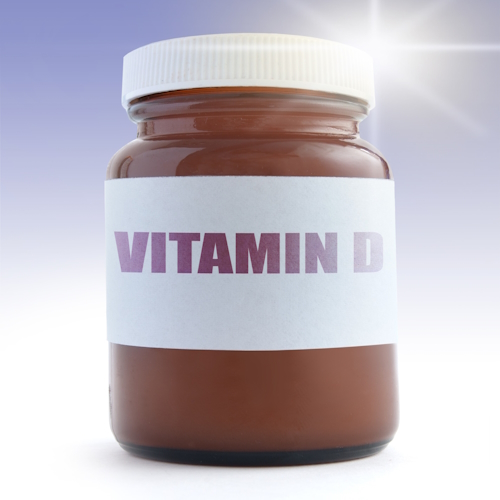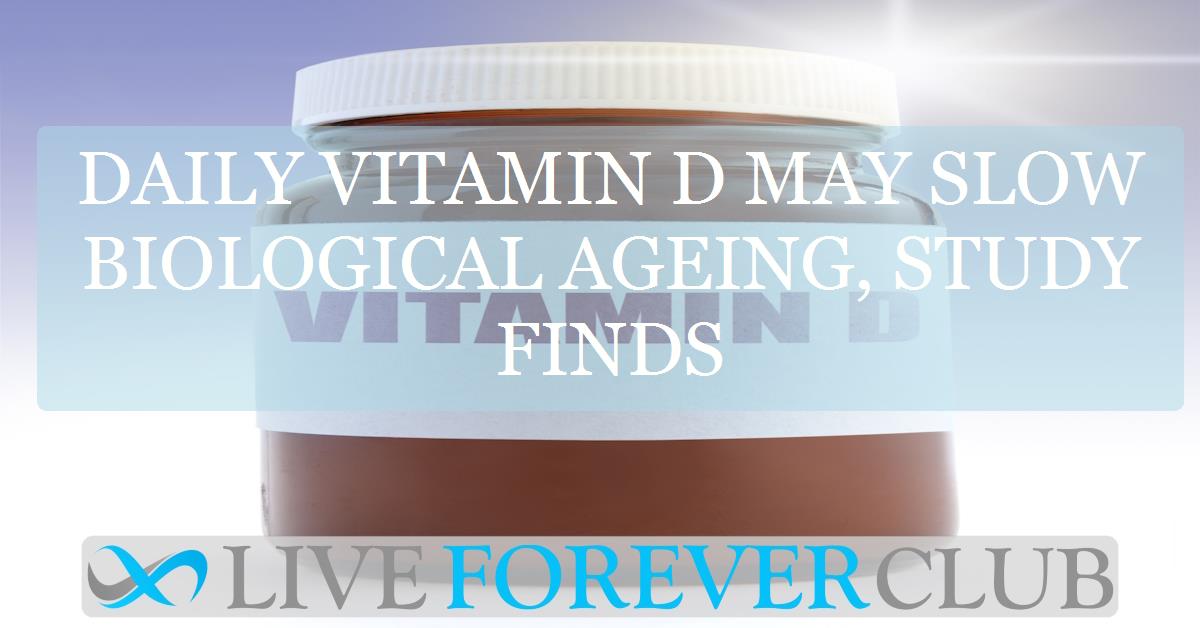Key points from article :
A large, long-term study has found that daily vitamin D supplements may help slow biological ageing by protecting telomeres—the protective caps on the ends of DNA strands that shorten as we age. The trial, led by Dr Jo-Ann Manson and published in a major medical journal, followed adults who took 2,000 IU of vitamin D daily for four years. Results showed that participants who supplemented had significantly less telomere shortening compared to those who did not, translating into the equivalent of nearly three fewer years of biological ageing.
Researchers suggest that vitamin D’s anti-inflammatory properties may be responsible for this protective effect, potentially slowing down pathways that contribute to age-related diseases. The study also examined omega-3 fatty acids, but found no measurable benefit on telomere length, positioning vitamin D as the clear standout in the trial.
While the findings are promising, experts emphasize that they should be interpreted with caution. More studies are needed to confirm the results and determine whether they apply across diverse populations before any changes are made to public health guidelines.
Dr Manson underscored that supplements should complement—not replace—healthy living. She noted that regular physical activity, a balanced diet, and other lifestyle factors remain the most effective ways to prevent chronic diseases such as heart disease, cancer, and diabetes, even if supplements like vitamin D may provide additional benefits.






